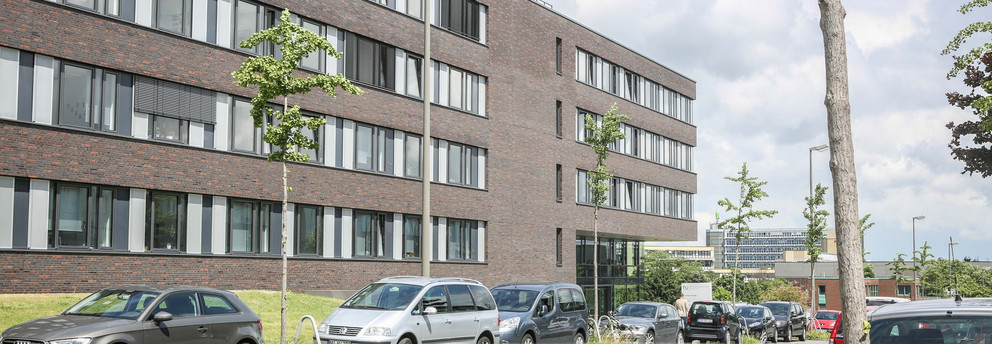Software for the 21st century
The AQUA group works on formal methods in software engineering. The one overarching question that drives our works is:
How can we ensure that a software system meets our requirements in the intended operation environment?
We work in four working directions:
- modeling assumptions on the intended operation environment,
- formalizing expectations into testable requirements,
- checking requirements on a system under the made assumptions, and
- supporting the corresponding tasks with tools, processes, and standards.
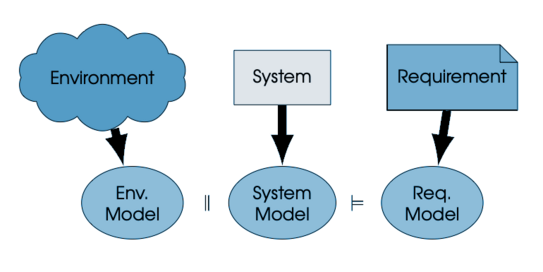
Safe Autonomated Systems
The PEDAL (Portable Experimental Data Acquisition Lab) is a research platform for automated driving. It enables data acquisition and comprehensive integration and testing of hardware setups. The PEDAL offers a lightweight solution to bridge the gap between simulation and fully automated vehicles.
Please confirm video activation.
After activation, cookies will be set and data is sent to YouTube (Google).
To the Google Privacy Policy
The PEDAL features:
- a 120 degree solid-state Lidar,
- two front- and rear-mounted stereoscopic Full HD cameras,
- a GNSS-aided inertia navigation system,
- two wheel-speed-sensors, and
- a high performance mobile computation unit.
It can be used for:
- Data acquisition in real-world environments for various (set-up) situations to build a diverse dataset of controlled vs. complex scenes
- Testing of different sensor setups and gaining experience with sensor calibration and sensor fusion
- Using LiDAR and IMU data to create a 3D environment representation of the ODD.
We utilize the recorded data to verify our scenario-based testing methods and test coverage metrics using the STARS-Framework.
Students can work in final theses and student projects with a real system to develop and test algorithms for dynamic and realistic environments.
World Class Research Tools for Model Learning and Software Verification
Robust research tools are a cornerstone for scaling formal methods towards industrial applications. The group develops multiple research tools, mainly for dynamic symbolic execution and model learning. To compete, compare, and collaborate with other researchers, we compete with our tools in SV-COMP and co-organize the RERS challenge.
We believe in open science and make our tools available as open source software. We strive to provide reproduction packages and benchmark suites for our results and engange in the national research data infrastructure (NFDI) to develop corresponding standards.
News
Zhijing Zhu defends Doctoral Dissertation
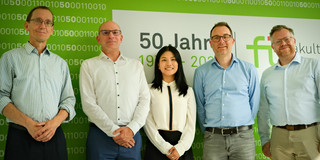
Markus Frohme and Bernhard Steffen presented our latest paper at CAV 2025
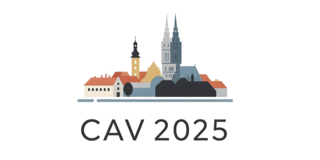
Natalia Ogorelysheva as a jury member at TU Dortmund Hackathon
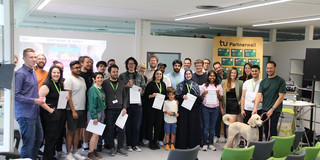
Dominik Schmid and Till Schallau at IV 2025
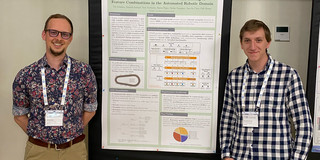
Till Schallau receives a Software Campus grant
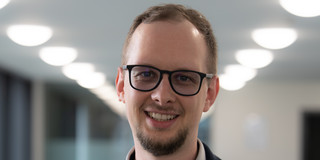
GDart wins BRONZE in SV-COMP 2025 for Java

Dominik Schmid and Malte Mues visit Dagstuhl seminar on research methods
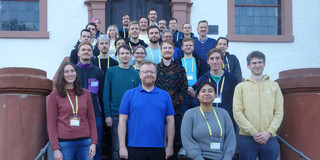
Daniel Tebernum defends Doctoral Dissertation
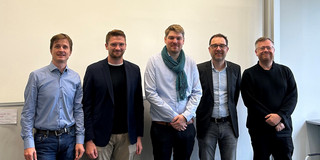
Robin Philipp defends Doctoral Dissertation
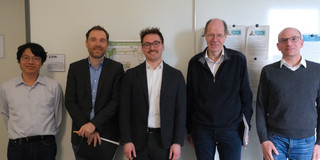
EATCS Best ETAPS Paper Award for Joint Publication
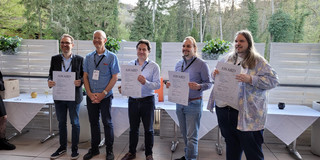
GDart wins BRONZE in SV-COMP 2024 for Java

Marcel Altendeitering defends Doctoral Dissertation
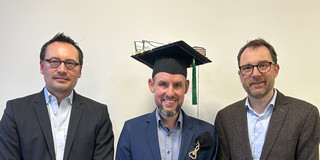
DFG funding for project StdLearnLib
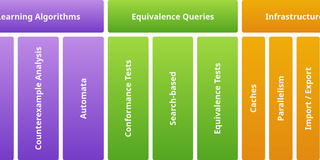
Autonomous Racing Showcased on AADC Model Car
At the university's 2023 open house event, AQUA group presented its work on autnomous driving on 1:8 scale model cars. Using the Jarvic racing…
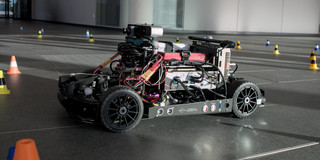
NFDI4Ing seed funding for project ReReSo
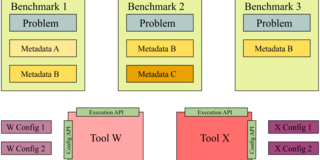
GDart wins SILVER in SV-COMP 2023 for Java
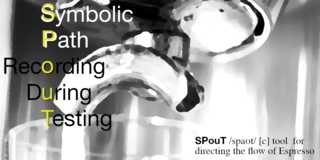
Malte Mues defends Doctoral Dissertation

BMBF funding for Project QuARum
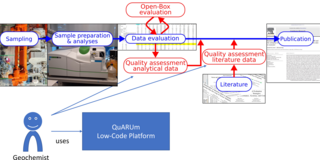
AQUA featured in CS@ TU Dortmund promotional video
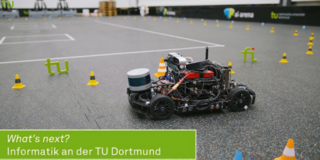
DFG funding for project STING
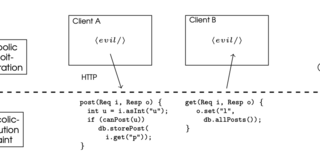
Fabian Bruckner defends Doctoral Dissertation

JDart wins GOLD in SV-COMP 2022 for Java

BMBF funding for project KomDatis
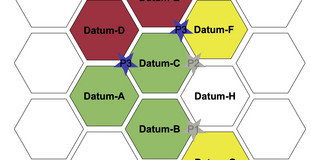
ACM Distinguished Paper Award for ASE 2021
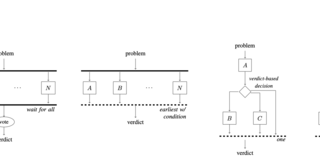
Falk Howar receives Amazon Research Award

JDart wins SILVER in SV-COMP 2021 for Java

PG 625 "Development of Automated Tools for Solving CTFs" receives P5 Award



